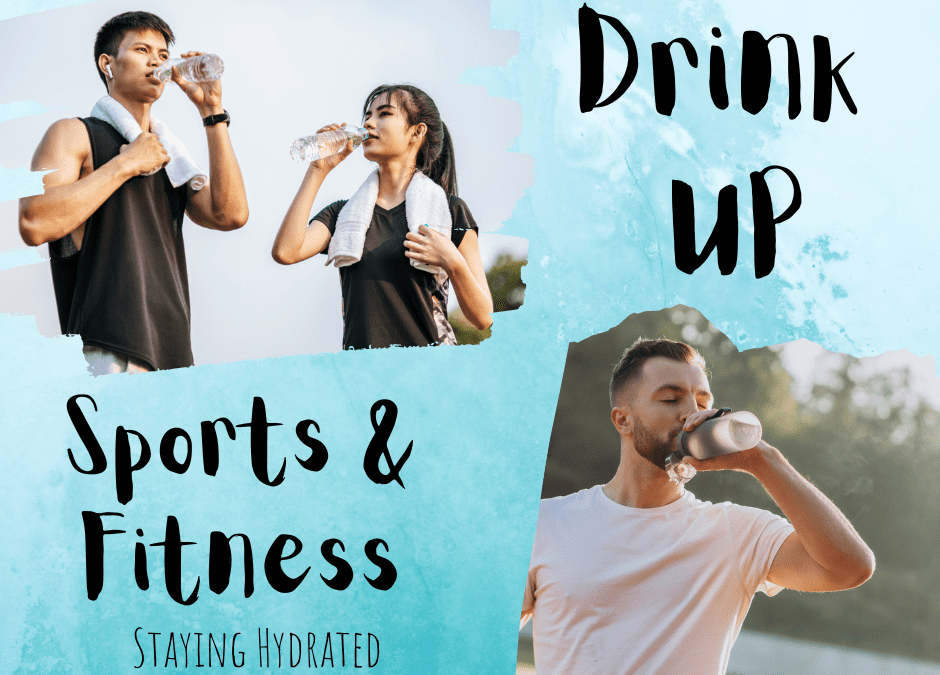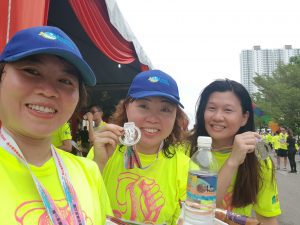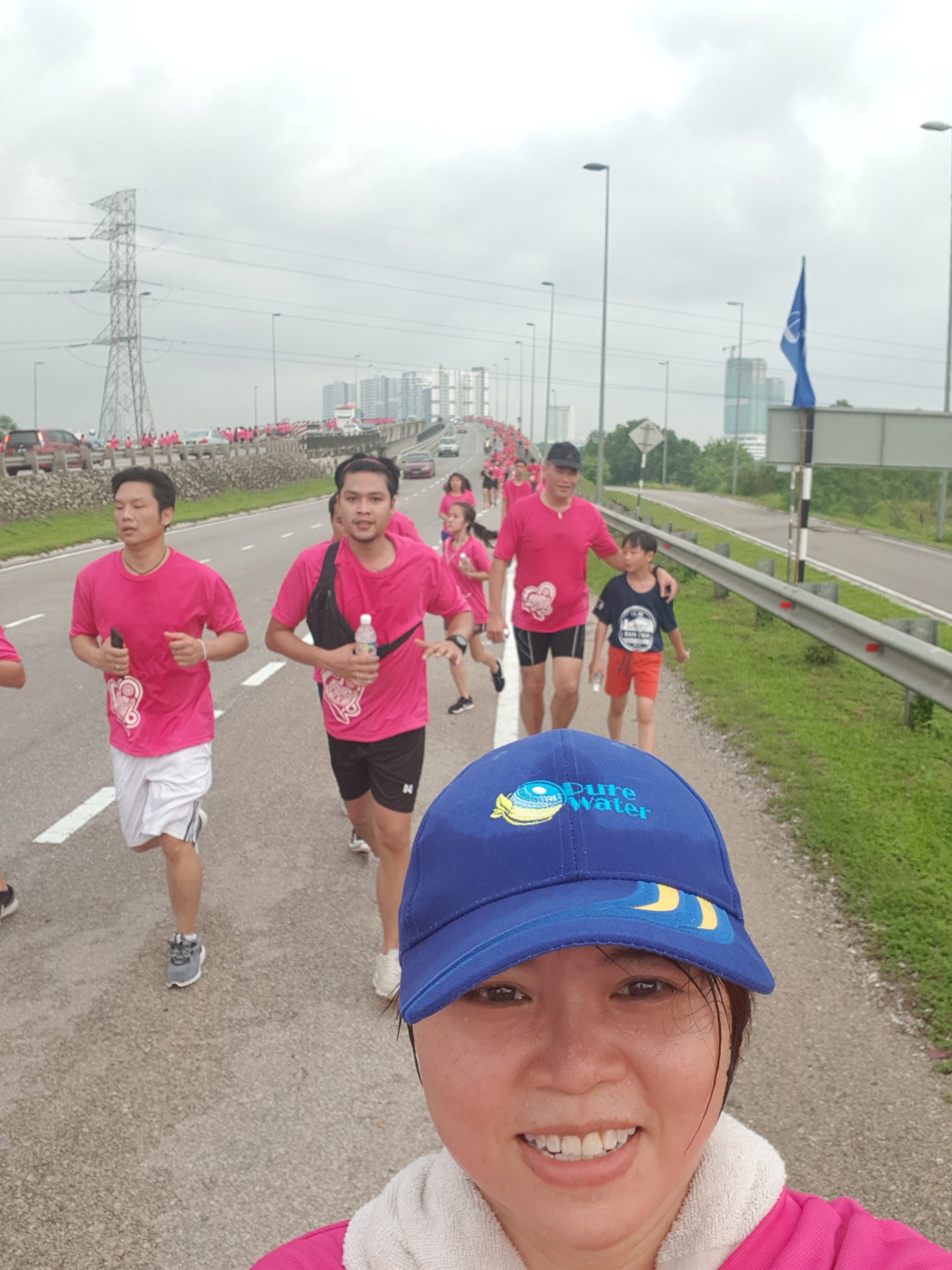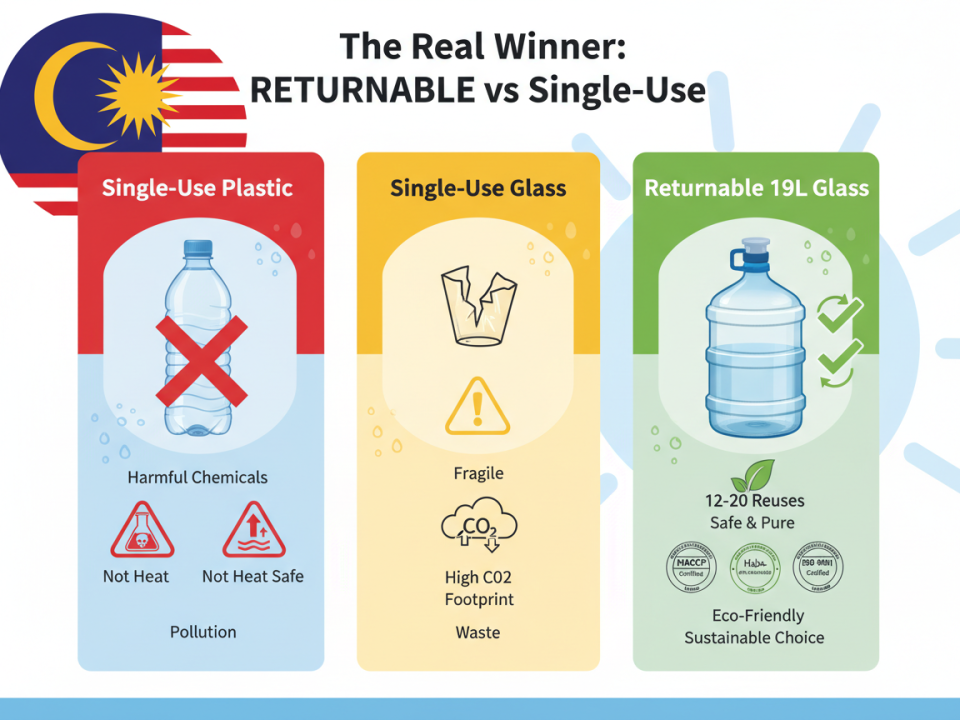
7 Ideas to Improve your Break-Room
09/05/2022
Water Tips For Efficient Exercise
18/06/2022Keeping Hydrated during Sports & Fitness
Fluids keep your body hydrated, without them your body won’t function at its best. If you don’t drink enough fluid:
-
Your Body temperature & heart rate may rise. That’s because when the total amount of water in your body is below normal level, you body can’t propertly regulate heat.
-
You may feelmore fatigued than usual
-
You may not able to think clearly – your motor control, decision making-making abilities and concentration may be impaired
-
Your body’s functions may slow down
-
Your performance in sport or exercise may not be as good as it could be. The impact is even worse when you are active & dehydrated in hot conditions.
The simple solution is, of course, to drink enough fluids when you exercise. Make fluid replacement a priority when you’re physically active. Drinking enough fluids will help to maintain your concentration and performance, increase your endurance, and prevent excessive elevations in heart rate and body temperature. It’s all about sufficient hydration.
When it’s warm, your body perspires more to help you cool down. And depending on the temperature, humidity, and the nature of your activity, you might not even realize how much you are perspiring. Don’t rely on thirst alone to tell you how much you need to drink. To keep those muscles working and avoid fatigue; it’s extremely important to drink plenty of liquids before, during, and after the activity.
Drink Up — Before, During and After
A good guideline to use when preparing for an outdoor workout, whether it’s walking, running, biking, or tennis, is to drink about two cups of fluid two hours before the activity. That helps make sure you are well-hydrated before you ever go outdoors.
Then, during the activity, try to drink 100-150 ml every 15-20 minutes to keep your muscles well-hydrated. If you are planning an hour-long walk or gym workout, fill a water bottle with about 500 ml (appx 2 cups) and take it with you.
Last, drink up after you’re finished with your exercise. If you really want to be precise, weigh yourself before you start exercising and again when you are finished. For each pound of water weight you lose, drink 20 ounces of fluid.
What to drink when exercising
F or most outdoor activities, good old-fashioned water does the trick. Water is the best drink to satisfy thirst and replace fluid lost during exercise. Water boasts a huge list of benefits. It’s natural, free, readily available & contains no kilojoules.
or most outdoor activities, good old-fashioned water does the trick. Water is the best drink to satisfy thirst and replace fluid lost during exercise. Water boasts a huge list of benefits. It’s natural, free, readily available & contains no kilojoules.
If your activity lasts an hour or more, either fruit juice diluted with water or a sports drink will provide carbohydrates for energy plus minerals to replace lost electrolytes (sodium, potassium, magnesium) in your sweat. Learn what electrolytes do, as well as which foods have the highest content. Sports drinks like Gatorade, Powerade, 100Plus and All Sport can give you a needed energy boost during your activity. They are designed to rapidly replace fluids and to increase the sugar (glucose) circulating in your blood.
Read the label to determine which sports drink that is best for you. Ideally, it will provide around 14 grams of carbohydrates, 28 mg of potassium, and 100 mg of sodium per 8-ounce serving. The drink’s carbohydrates should come from glucose, sucrose, and/or fructose — all of which are easily and quickly absorbed. It shouldn’t be carbonated, as the bubbles can lead to an upset stomach.
Most sports beverages are well-diluted and contain relatively few calories. If the flavor of a sports drink helps you drink up and maintain hydration, by all means enjoy. If you’re worried about the added calories, try diluting your sports drink with water or pouring it into a thermos packed with ice.
Outdoor activity photo created by jcomp – www.freepik.com
Source: www.webmd.com/fitness-exercise/features/drink-up-sports-fitness & www.betterhealth.vic.gov.au/health/healthyliving/Exercise-the-low-down-on-water-and-drinks
Related posts
28/11/2025
29/09/2025
31/08/2025




 or most outdoor activities, good old-fashioned water does the trick. Water is the best drink to satisfy thirst and replace fluid lost during exercise. Water boasts a huge list of benefits. It’s natural, free, readily available & contains no kilojoules.
or most outdoor activities, good old-fashioned water does the trick. Water is the best drink to satisfy thirst and replace fluid lost during exercise. Water boasts a huge list of benefits. It’s natural, free, readily available & contains no kilojoules.

